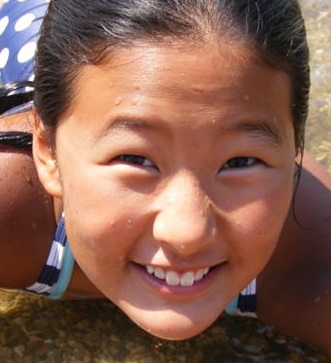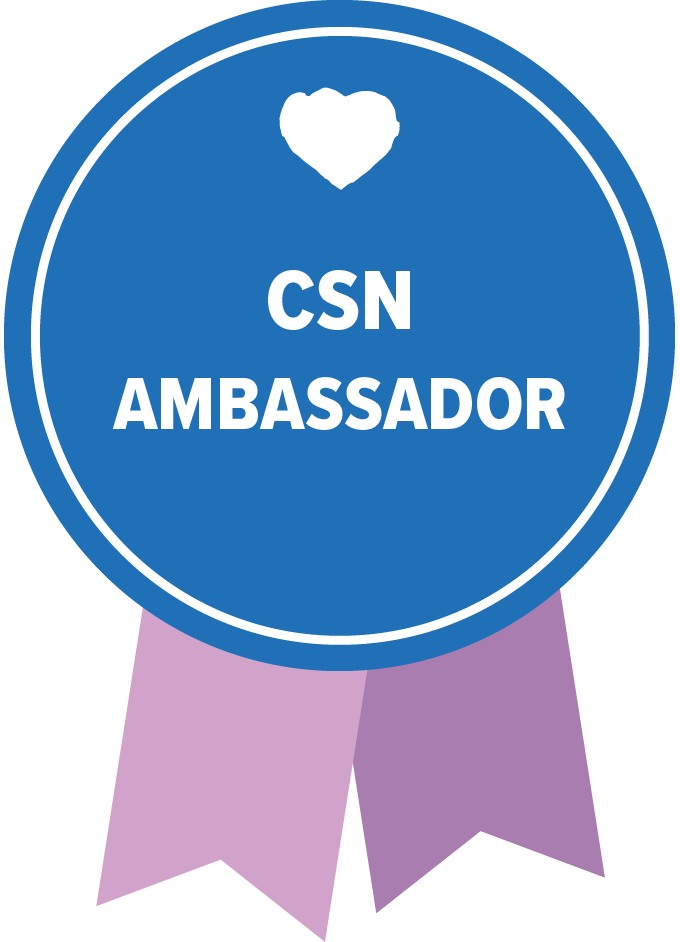Our Warriors Who Inspire Us


Hope Fuller
Illinois
DIPG
July, 2009
Children's Memorial Hospital
No
Hope was a lively, sassy, and fiercely loving child who bravely battled DIPG, an inoperable and fast-growing form of brain cancer. Prior to her diagnosis, Hope was a typical 12-year-old girl. She was kind, funny, and sweet. She had such a passion for theater and music. She enjoyed participating in her community summer children's theater program and two musicals in school. Hope played the bari sax and piano, and she took voice lessons to develop her voice. She was extremely bright and excelled in school. Everything changed after diagnosis. She could no longer swim, run, act, or sing. Not being able to do things she loved, took a toll on Hope.
In summer 2009, after experiencing facial numbness, balance issues, drooling, and low-grade headaches, Hope was taken to the doctor, where she was eventually diagnosed with DIPG. Following her diagnosis, Hope’s family decided not to tell her right away about the gravity of DIPG and the likely inevitable outcome. They wanted her to believe she had a chance, that there was hope. Her parents were so afraid that if they focused on her dying, they might be denied the miracle they so desperately needed.
After Hope’s diagnosis, her philosophy became, when life gives you lemons, you make lemonade. For her family, that meant on days Hope felt good, they did things she wanted to do, such as a stroll down to the Bean after radiation or a trip to the chocolate shop across the street. Maybe a museum visit or a shopping trip. It always included food since the steroids she was on made her crazy-hungry.
Hope never had a honeymoon period and it was difficult for her to lose her independence the way she did as a budding young lady. By Halloween, she needed a wheelchair to make it any serious distances and, at Thanksgiving, her doctor told her parents that it was now or never for her Make-A-Wish trip, so her family made the decision to move the trip up. With the change of plans, they ended up leaving on her brother, JD’s, 17th birthday. Her family distinctly remembers, Hope telling JD, “pretty good gift, huh? I'm taking you to Hollywood.” She loved him with her whole heart.
About 72 hours before Hope passed away, she told her mom that she wanted to see her brother, dad, and friend, Grace, who were all staying at the Kohl's House across from the hospital. Her mom immediately called and told them to come back to the hospital, where Hope told them that she was afraid to die. They assured her it was okay and, if she was tired, she could rest. They promised to take care of each other and that, while they would never get over her not being with them physically, they knew she would be by their sides and in their hearts always. They all laughed and cried about all sorts of memories. While it was one of the most painful moments, it was also the most beautiful.
Hope spent the last days of her life surrounded by so much love and caring, and when it was time – she courageously let go. She battled valiantly for 224 days and died far too early. Her family knew she was planning big things and they felt it was their duty to continue supporting, loving, and parenting her through their continued efforts to find the homerun cure.
Funding for pediatric brain cancer research is vital. It is the key to ensuring that someday DIPG isn't a death sentence. In the past 60 years, a great deal of progress has been made toward more effective treatment options and cures for many other diseases but, due to a lack of funding, research for DIPG is so far behind. It is unacceptable that children have no hope at the time of diagnosis. A change is necessary.

